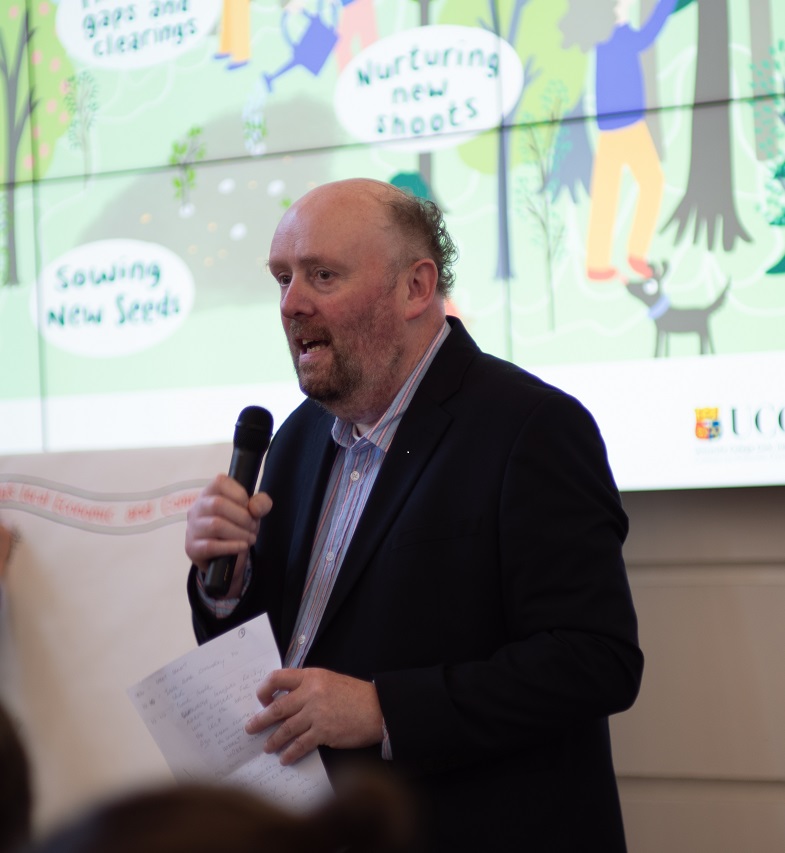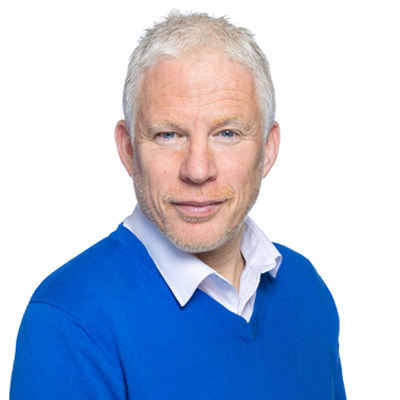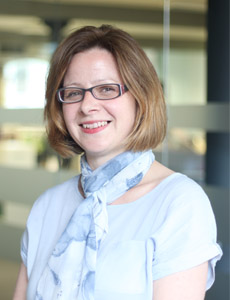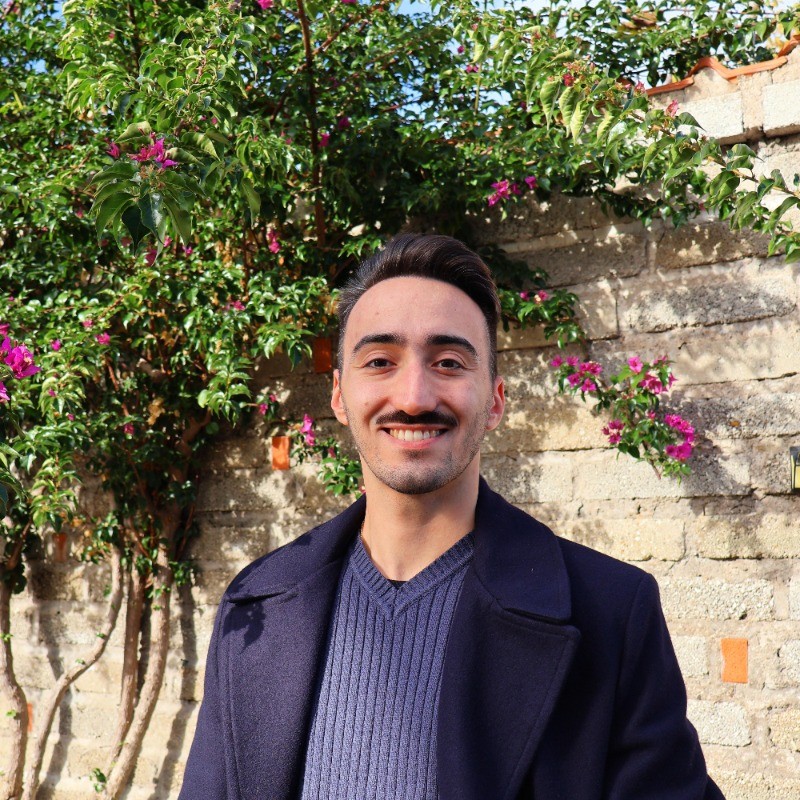Consortium
University College Cork (UCC) sees research, education, and policy influence as interconnected elements that can drive societal progress and economic growth. They are committed to make a positive impact through its research and innovation (R&I) efforts.
Their aim is to transform HEIs towards a more financially sustainable research and innovation ecosystem that enhances excellence and world-class research.
OUR GOALS
UCC recognizes the need for innovative funding approaches among new demands, such as the green and digital transition, and seeks to address challenges like over-reliance on limited funding sources, brain drain, and fragmented support systems for researchers.
Through its Living Lab, UCC engages stakeholders to co-create solutions, enabling strategic investment, institutional autonomy, and deeper societal collaboration to future-proof its research and innovation capabilities.
CATALISI Success Story
Innovative approaches to evaluation and impact assessment in Higher Education. Why the Theory of Change is such a powerful approach for evaluation and impact assessment. Key lessons learned about the use of Key Performance Indicators from the CATALISI project. The significant difference a participatory approach to evaluation and impact assessment can make to institutions. And more!
INTERVENTION AREAS
UCC university started working on CATALISI project with the 1 big domains and 1 intervention area – namely
Finance
- Sustainability in campus operations.
UCC story OF TRANSFORMATION
Challenges
Finance
- Low research investment for research and innovation.
- Over-reliance on small number of large-scale research centers creates financial risk.
- Research income often covers only direct project costs, with inadequate institutional overheads to support the full cost of running research projects, such as administrative and support services.
- Lack of mechanisms to retain overhead funds for strategic initiatives or capacity-building efforts, limiting the institution’s ability to invest in long-term sustainability.
- Brain drain and attracting and sustaining a pipeline of research talent.
- Securing pre- and post-award grant support for researchers
- External funding agencies increasingly dictate research priorities, limiting HEIs ability to pursue institutionally driven research agendas.
- There is a disconnect between research systems and societal actors, funding bodies, and policymakers.
methodology
Finance
- “Living Lab” approach, where stakeholders from academia, business, public administration, and civil society collaborate to identify challenges and co-create solutions.
- Building a strategic model of income allocation that balances the need for financial sustainability with the flexibility to invest in long-term goals, such as talent retention and support for Open Science initiatives.
- Actively involve a wide range of stakeholders (quadruple helix model) to gather diverse perspectives and needs, ensuring that the transformation process is informed by both internal and external partners.
- advocate for greater institutional autonomy by influencing funding policies and creating systems that support more diverse and institutionally determined research priorities.
OUTCOMES \ ACCOMPLISHMENTS
University College Cork has leveraged the CATALISI initiative to advance its contribution to European Research Area (ERA) policy priorities, particularly ERAAction 7, 10, 14, 15 and 17. UCCs specifically focused on addressing issues regarding the sustainability of research financing. Its Transformational Pathway and Action Plan applied a Living Lab approach to address research financial sustainability as a main intervention domain. Aligned with this ambition UCC, with support from ENOLL, developed a report on the Framework Conditions, including the Barriers and Enablers towards achieving its objectives.
As part of this approach, we explored the following questions: Is innovation in HEI research funding possible? How can HEI funding adapt to the rapidly evolving globalizing context HEI’s find themselves in? What implications do changes in the funding landscape have on governance and leadership? What is the capacity of universities themselves to think ahead and develop financial strategies? Which investment priorities are needed to future-proof activities?
In line with the Living Lab methodology embraced by CATALISI, a transformation approach was adopted, prioritizing participatory and iterative co-creation actions with stakeholders including university staff and students and external partners.
UCC recognized that financial sustainability is an integral and requisite part of realising sustainability in broader terms and within the context of a research and innovation ecosystem that interacts at local, regional, national, and international levels.
UCC now finds itself more equipped to identify the issues and progress innovation towards the ‘Financial Sustainability of Research & Innovation’, enhanced through identifying and partnering with its stakeholders, internally and externally. UCC has improved its decision-making supports through engaging Quadruple Helix stakeholders for the first time in understanding the underlying issues. It has applied state of the art co-creation methods to support strategic policy level development.
- Embedding the CATALISI Acceleration Services into the institution, particularly the Living Lab approach helped to consolidate and extend our knowledge, reputation and global positioning.
- Leveraged the knowledge and skills acquired through CATALISI to secure a co-lead role of the UNIC European University Alliance Centre for City Futures which is a transnational Living Lab comprising 10 university and city partners working together to address urban challenges. UCC has also secured the co-lead position of the European University Alliances Living Lab Hub.
- Engaged in High Level Policy Dissemination: for example, UCC published a paper and presented at the EUA Funding Forum at Helsinki in 2024. 2024 EUA Funding Forum
- Disseminated through online activities such as newsletters, LinkedIn articles and Webinars.
- Through experience gained as the CATALISI WP4 leader, UCC is now a sought-after European partner for Horizon Europe Consortia, including the main Evaluation and Impact Assessment Partner in other Horizon Europe Grants, e.g. Green In Cities HEurope Consortia.
- Towards research financial sustainability UCC has used the CATALISI suite of Acceleration Services to co-create a new Revised Overhead Model by directing funds (approx. €2 million pa) towards strategic investment in research capacity, underpinning the institution’s flagship UCC Futures initiative (https://www.ucc.ie/en/futures/). UCC was able to explore new funding income streams thanks to conversations with partners during the CATALISI mutual learning events. (MMLs).
- UCC successfully leveraged the CATALISI methodology to secure £1m grant from Welcome Trust in relation to community-led research scheme and research culture transformation using a Living Lab approach. It has additionally deepened its engagement with the EU Urban Initiative, INTEREGG, WIDERA, MSCA and Erasmus+ grants.
- Development of a robust participatory evaluation approach – allowing it to pursue a commercialization activity and Key Exploitable Result (KER). UCCs bespoke Participatory Evaluation Approach has been road-tested and trialed as part of CATALISI as a state-of-the-art method for HEI’s to develop, monitor and capture the impact of HEI organizational change initiatives(filling a gap in current practice). Its Theory of Change Approach andMonitoring framework will be established as an open initiative available toHEI’s across Europe, with follow on consultancy support provided on a commercial basis.
- Implementation of a new approach to responsible research assessment supported by the development of CoARAAction Plan (enabled by a grant via the CoARA Boost Programme –€40.000).
- Deepened its approach to Research Integrity through co-learning within the CATALISI initiative with other participating HEI’s. UCC created a joint survey and study which was conducted alongside several other CATALISI partners on research integrity.
Team
The UCC team is ideally positioned to drive transformation due to their extensive expertise, strong institutional foundations, and proven track record in research, innovation, and community engagement. UCC is Ireland’s leading research institution, consistently ranking at the top for competitively won research income.
The UCC team is led by experts like Dr. Martin Galvin and David Hogan, who have a deep understanding of higher education reform, Dr. David O’Connell, who brings extensive experience in research support and policy development, Ciara O’Halloran for community engagement

UCC Head of Research Culture, Engagement and Impact, Co-Chair of the European University Alliances Living Lab Hub, Expert Advisor to the Council of Europe. Office of the Vice President Research and Innovation

Dr. David O’Connel
UCC Director of Research Support and Policy Office of the Vice President Research and Innovation

Programme Officer Office of Research Culture, Engagement and Impact Office of the Vice President Research and Innovation (UCC)

Matteo Pallocca
UCC CATALISI Research Support Officer

Data and Institutional Research Officer Strategic Planning and Institutional Research Office Office of the UCC Rector/ President
